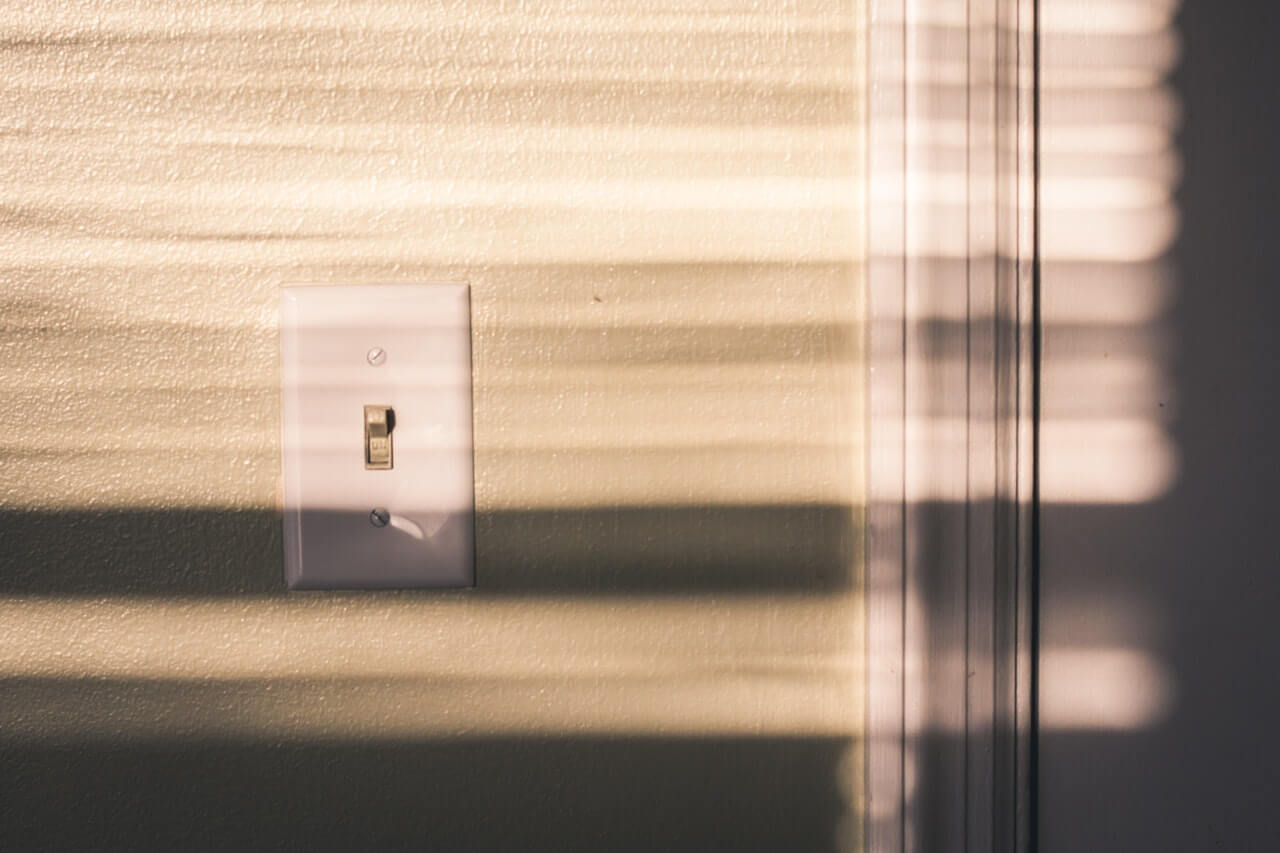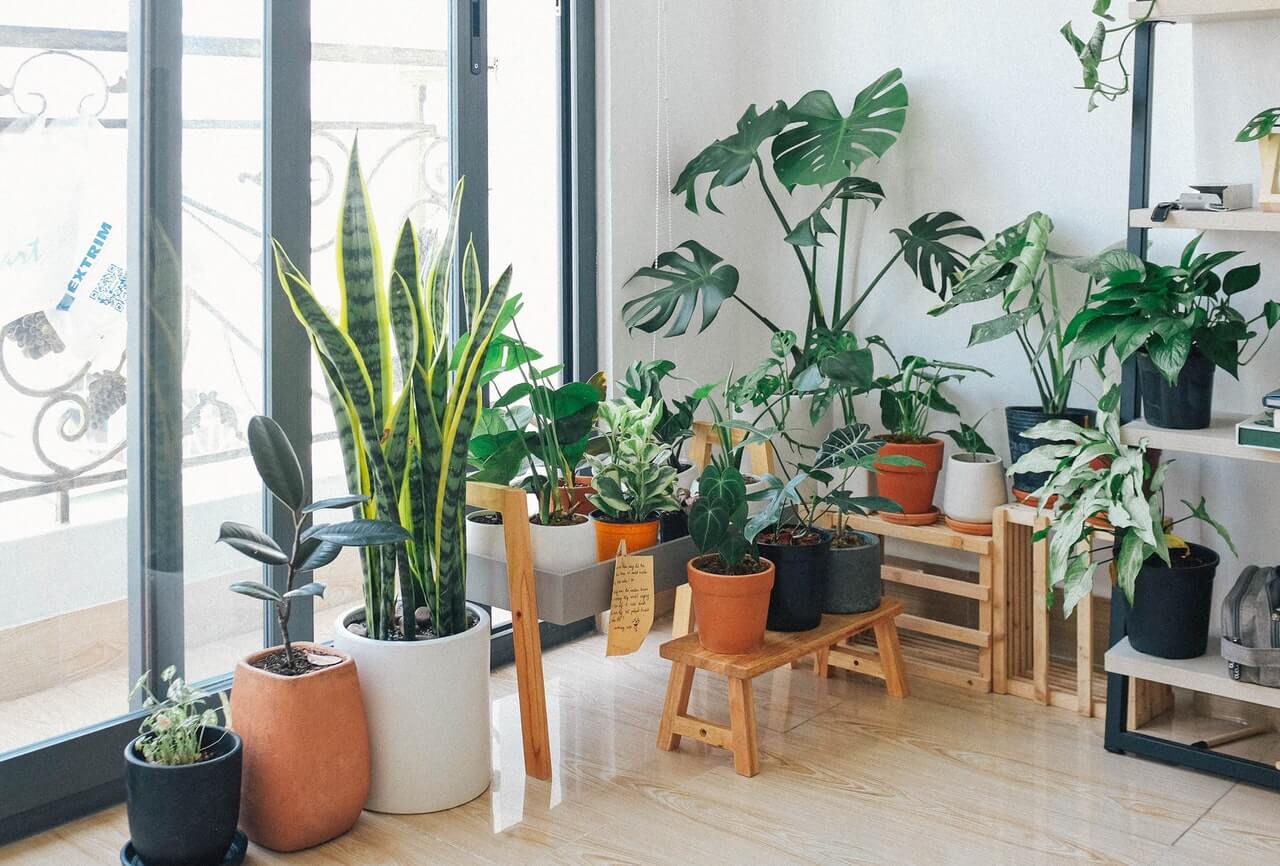April 21, 2020
How to make your home more eco-friendly this Earth Day

With many of us now doing everything from our homes, from working and studying to shopping and socializing (via phone, social media and video calls, of course!), we’ve had to quickly adjust to our everyday lives as we know them suddenly changing – but have you stopped to consider what effect all this is having on the environment?
This year’s Earth Day is a little different than the ones that came before it. With the average full-time employee now spending their 35 hours a week at home, having temporarily swapped our workplaces for our spare rooms or kitchen tables due to COVID-19, we take a look at how we can be more environmentally friendly from our new home offices.
The good news is that because everyone is spending more time at home, we’ve already begun to reverse some of the damage that has been caused to our planet over the years. In March, it was reported that the waters of Venice’s canals are currently clear, blue and bursting with life thanks to the absence of cruise ships, motorboat taxis and other tourist boats. Satellite imagery also shows that in China and Europe, between February 1st and March 17th, levels of nitrogen dioxide (NO2) were lower than they were during the same period in the previous year. In fact, according to NASA, nitrogen dioxide levels across eastern and central China have been 10-30% lower than usual!
While this is all positive news, it unfortunately won’t last forever. When COVID-19 is under control, life will slowly (but surely) go back to normal. Our roads will once again be teeming with commuters and delivery drivers at all hours of the day, canals will be ruled by boats, and much of the industrial action that is now on pause will soon resume. To help minimize this effect, we should be doing all we can now to reduce our environmental impact from our homes.
So, if you are working from home this Earth Day and want to make a difference, check out our advice below – it’s easier than you may think!
Make the most of natural sunlight
If you’re not doing so already, try to forego switching on the lights in your home each morning. Instead, open your blinds and let natural sunlight flood your new makeshift office! According to The Climate Group, 5% of the world’s CO2 (carbon dioxide) emissions are from lighting – and extra CO2 in the atmosphere has already had a devastating impact on our planet by causing the Earth’s temperature to rise. The result of this is flooding, droughts, and other extreme weather conditions becoming more frequent.
However, it isn’t just the environment that is affected by our reluctance to switch off the lights. Daily exposure to natural sunlight is essential for regulating our wake-sleep cycles, thus ensuring we get a good night’s sleep (which is vital for helping us to feel refreshed, full of energy and better able to concentrate during the day). This is something that is especially important to ensure right now as many of us are only leaving our homes when it’s absolutely necessary. With all this in mind, do try to set up your new workspace as close to a window as possible.
However, it isn’t just the environment that is affected by our reluctance to switch off the lights. Daily exposure to natural sunlight is essential for regulating our wake-sleep cycles, thus ensuring we get a good night’s sleep (which is vital for helping us to feel refreshed, full of energy and better able to concentrate during the day). This is something that is especially important to ensure right now as many of us are only leaving our homes when it’s absolutely necessary. With all this in mind, do try to set up your new workspace as close to a window as possible.

Make the switch to eco-friendly alternatives
Depending on where you live in the world, you might not always be able to rely on the sun to make an appearance and give you a much-needed dose of vitamin D each day! If this is indeed the case, then the next best option is to choose a more eco-friendly alternative for the lightbulbs in your home. LED bulbs use 90% less energy than traditional halogen ones, and they last around 20 times longer too – so they need to be replaced less often to boot. This means you can be kinder to your wallet, and our planet, at the same time.
Stay goodbye to standby mode
One thing most of us are guilty of doing is leaving electronics devices on standby when they’re not in use. Whether it’s forgetting to switch off your television when you pop to the shops for essentials or letting your laptop go to sleep after you’ve logged off at the end of the working day, this is especially easy to do without thinking now that we’re all spending most of our time at home. According to Kathryn Senior PhD, leaving devices on standby may account for ‘about one-hundredth of all carbon emissions released into the atmosphere globally’ – so, try to remember to push the ‘off’ button on your devices when they’re not going to be used for a while!
Add some greenery to your home
There are many reasons to pick up some colorful houseplants during your next supermarket run! Not only will they brighten up your home, but they’re also highly beneficial for the environment and human health. Plants (particularly philodendrons, rubber plants, the Peace Lily and the Boston Fern) help to reduce the levels of CO2 in the air and are extremely effective at removing CO2, dust, mold and everyday toxins from it (which are often emitted from electronic equipment). These can cause us to feel unwell after prolonged experiences of exposure.
Plants are also great for our mental health and well-being, making us happier and less likely to experience feelings of stress and anxiety. Ever wondered why you feel relaxed walking through a park or want to buy an abundance of plants every time you visit a garden center? This is because of biophilia, the phenomenon that explains the powerful relationship humans have with nature, and our need to be close to it. With most of us having no excuse for not being able to water our new green friends as we’re spending so much time at home, now is a great time to add some greenery to your new workspace.

Ditch the paper to-do list
Humans are estimated to be responsible for 80,000 to 160,000 trees being cut down around the world each day – and a significant number of these are used for the paper industry alone. So, instead of jotting your to-do list in a notepad, or the tasks you need to remember on random pieces of paper, switch to a digital work management app, such as Ayoa. Not only can you minimize your impact on the environment, but it will make you more organized by keeping everything you need to do in one place – with their deadlines and progress instantly visible at a glance.
Looking for an effective work management tool to help you work remotely during this strange and uncertain time? Ayoa combines Mind Mapping, Task Management and Instant Messaging features so you can brainstorm ideas, manage your workload, maintain your routine and communicate with your team – even if you’re apart. Check out Ayoa’s features or sign up for free today.

